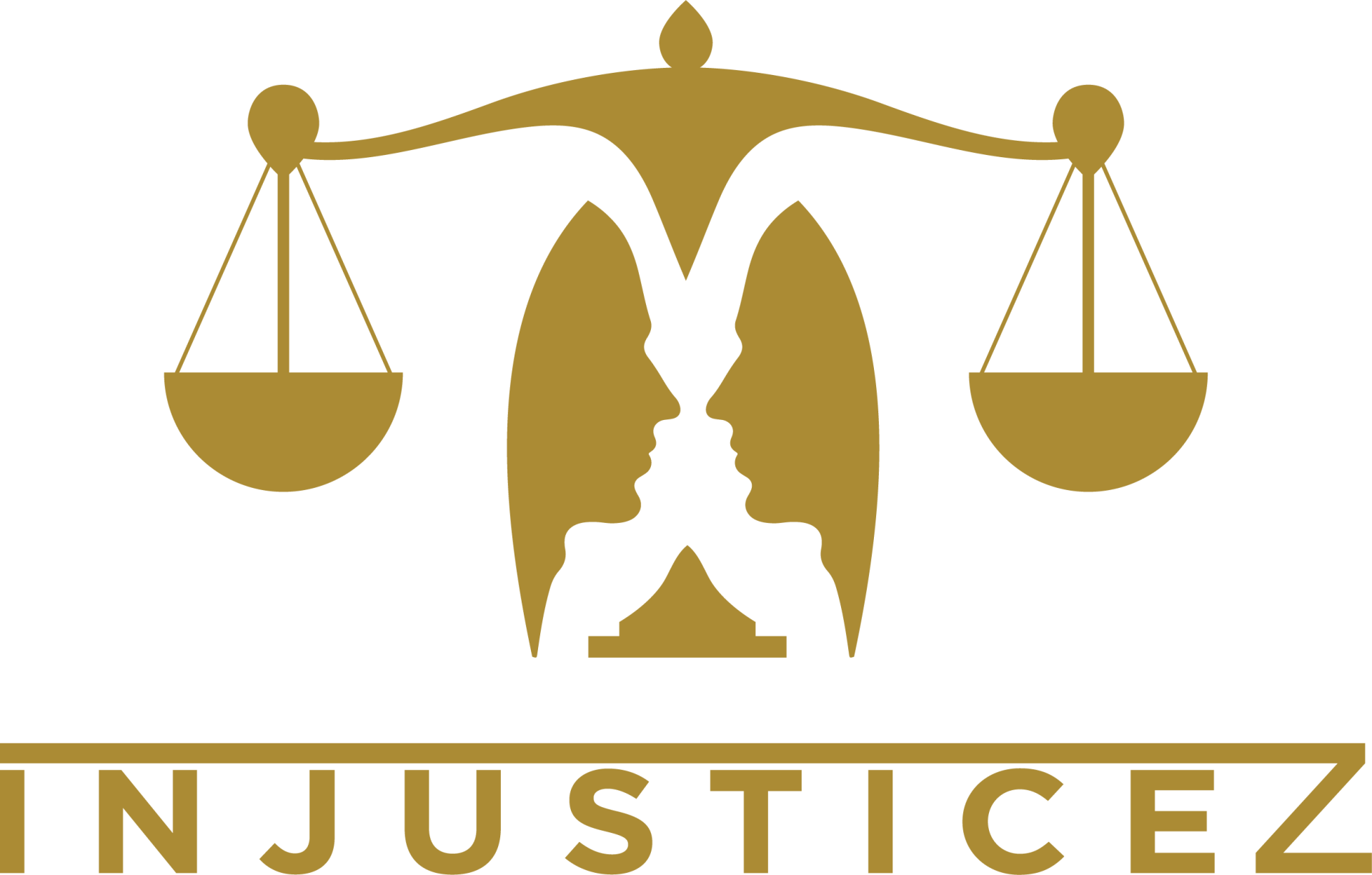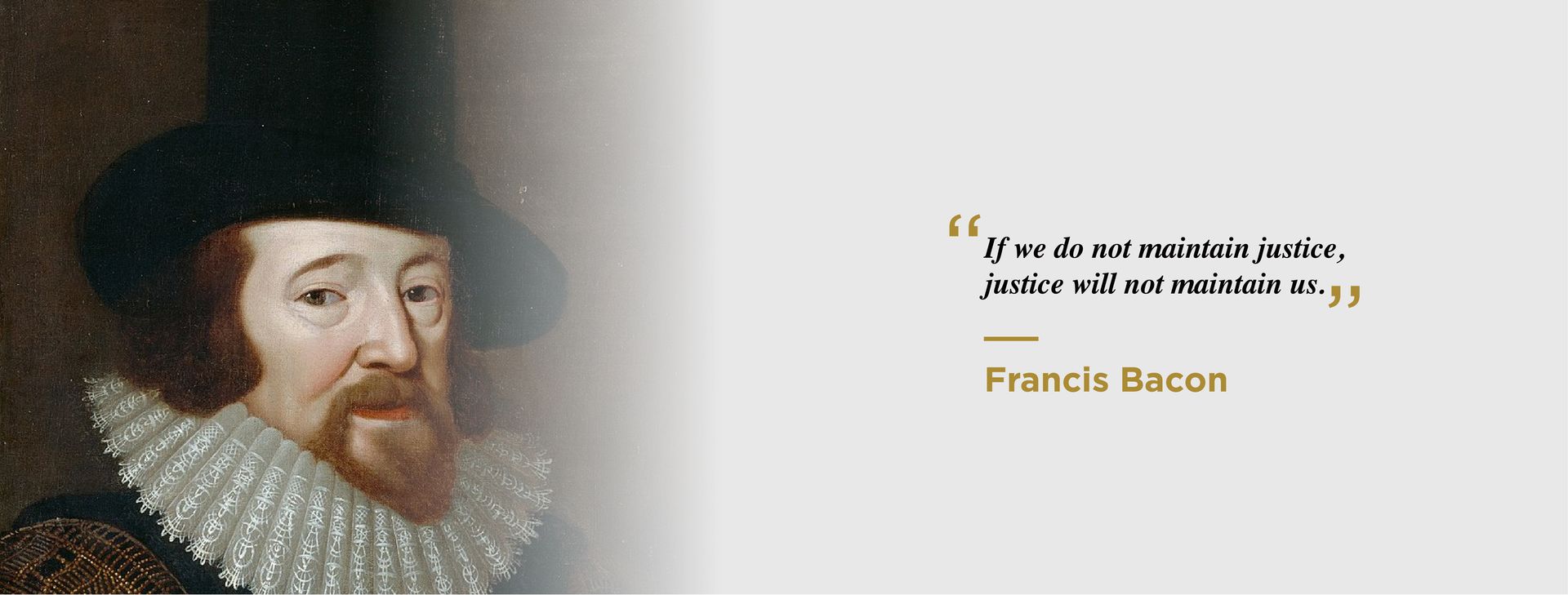Expounded Reading One
Why Capitalism Loves Corruption
Liberals try to shrug off corruption as a bug in the system, but it's really a feature - one that's been core to capitalism from the very beginning.
British politics has a corruption problem. Owen Paterson is only the latest name to draw attention to the everyday conflicts of interest in both Parliament and government: it’s a list that includes far too many others.
But that corruption should come as no surprise. The country is one of the epicentres of political corruption historically, and a key node in global corruption today. As Mafia expert Roberto Saviano remarked in 2016, there is good reason to think that the UK is ‘the most corrupt country in the world.’ The current government may be particularly brazen, but this ought to be understood in both a historical context and through current trends in neoliberal politics globally, rather than through the lens of the British exceptionalism espoused by moralising liberals these last weeks.
Britain is in fact the grandfather of corruption. As George Robb argues in his history of white-collar crime, the industrial revolution in Britain brought forth a new network of finance, insurance, and legal professions with which came corrupt practices like bank fraud, credit fraud, and stock fraud.
Britain successfully exported its culture of corruption into colonial governance, exhibiting itself in the endemic corruption at which the British colonialists were masters. Mulinge and Lestedi have shown how taxes introduced in Rhodesia (Zimbabwe) and Bechuanaland (Botswana) to create revenues for British colonial rule were sometimes collected through financial kickbacks for local leaders, which corrupted existing public roles and caused warped relationships that in some cases persist to this day.
The East India Company provided a template for the corrupt activities of multinationals today as they invaded more and more of modern-day India and Pakistan, widely utilising corrupt practices forgery and bribes alongside the violence of its private security force. Many of its employees, including its leader, Robert Clive, were actively embezzling funds from both the company and tax collection into their own private fortunes. At one point nearly a quarter of MPs were shareholders in the East India Company, and they dutifully voted in its interests, even if they conflicted with those of the Crown.
Eventually the East India Company would be taken over by the state, but writers have shown that the corrupt practices it instituted in part shaped the bureaucracy of modern-day nations—including constructing the idea that corruption is a problem inherent to the peoples of former colonised nations. Far from being a bastion of liberal probity, British history is dripping from head to foot, from every pore, with the blood and dirt of political corruption.
This history is foundational to contemporary corruption in former colonised nations, but the legacy has also continued domestically. The City of London and its imperial network of ‘offshore’ tax havens is the heart of global corruption. It is widely acknowledged even in the financial press that global money laundering flows through London’s finance and property market—a problem that meets little resistance from a government full of bankers. In both the classical liberalism of the Georgian and Victorian periods and the neoliberal politics of the (long) 1990s, the dominant view was that countries like Britain were models of ‘civilisation’ or ‘good governance’, when in fact in both periods, wealth was being created through—rather than in spite of—political corruption.
Since the financial crisis, there have been several major exposés about the extent of tax evasion and avoidance in the UK and its Overseas Territories (like the Panama Papers) as well as several major scandals that implicated senior establishment figures in political corruption (like phone hacking, expenses, and cash for honours). Each time, politicians have put forward piecemeal approaches to dealing with these problems, while very few people have been punished. This in turn built up a general sense of mistrust toward politicians, who were widely seen to be on the take—in part because quite a lot of them were.


